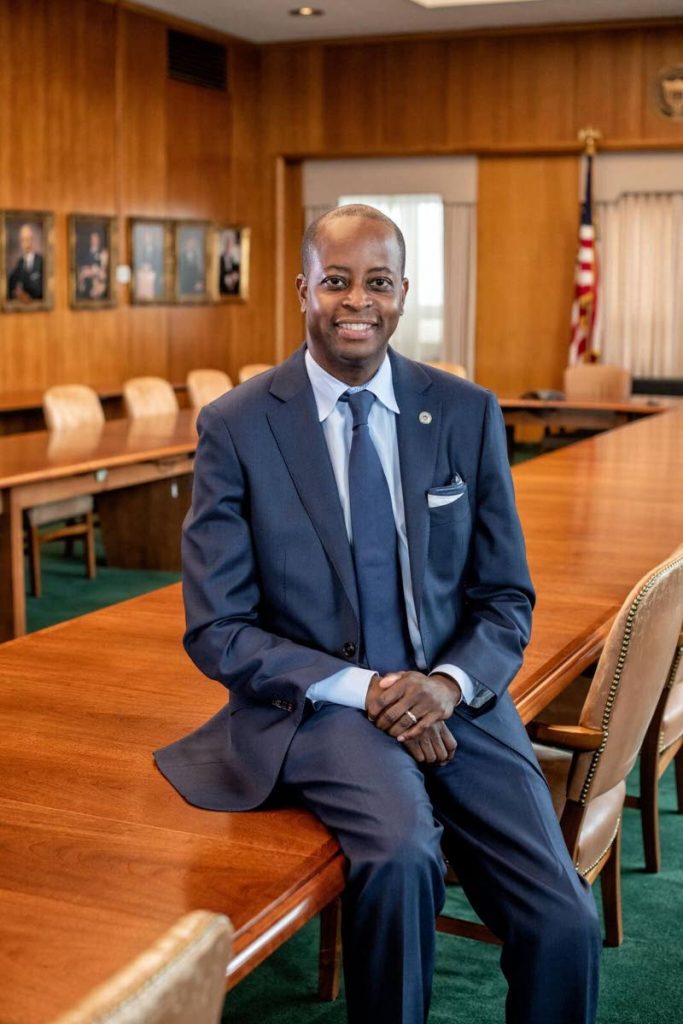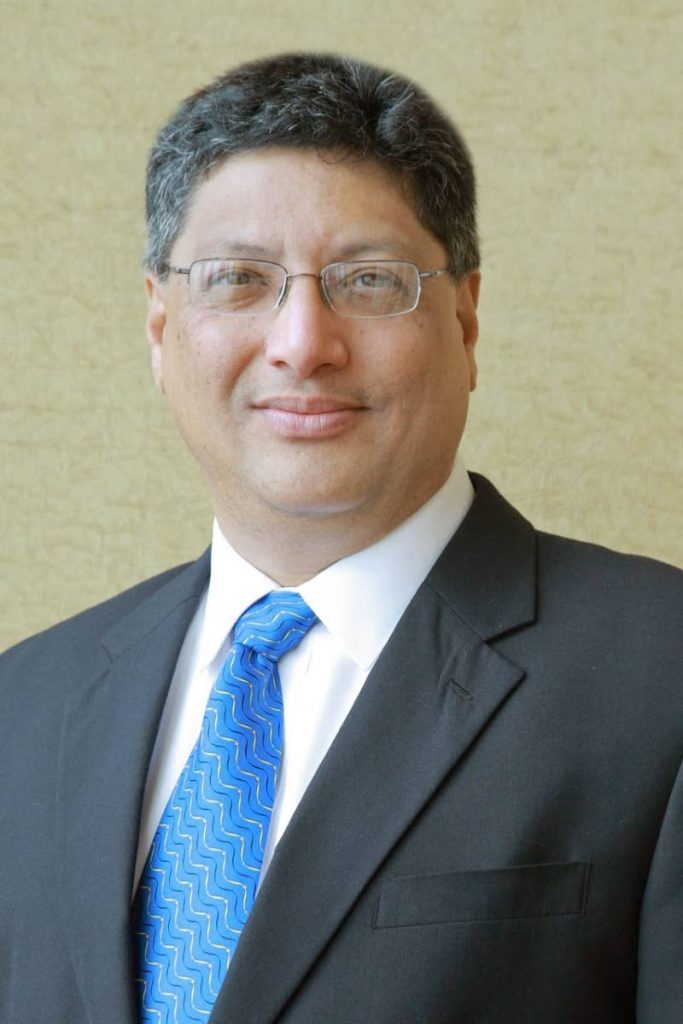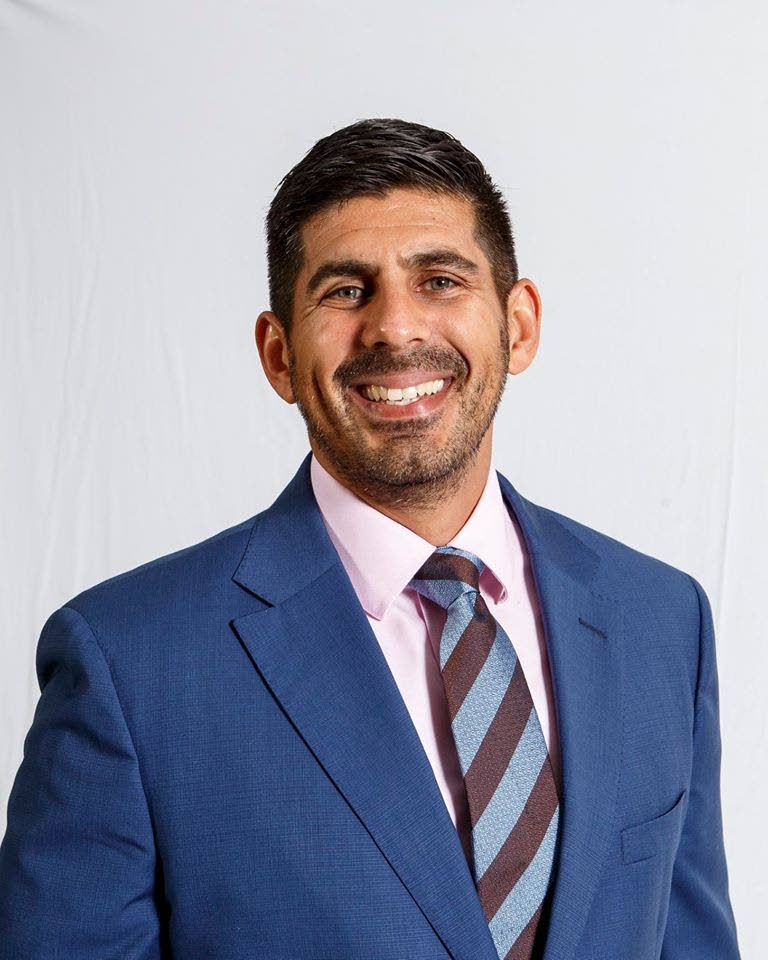Business next: An entrepreneur's checklist

Over the last two weeks, several webinars grappled with the business of business, specifically what businesses must know and do to succeed or pivot in the wake of covid19.
The TT Chamber of Commerce hosted a three-part webinar series on the topic, and the Eastern Credit Union offered advice on digital entrepreneurship. Across a range of experiences, there was a surprising confluence of perspectives, beginning with the acknowledgement that nobody knows anything for sure about what comes next, but businesses need to be ready.
On customers
For Nikita Legall of Tropical Hives, the first critical message she emphasised was to the one she sent to her customers.
"How can I communicate with my customers to let them know what is going on and let them know that I have their best interests at heart?" was the question she asked herself.
This is a time, she explained, to re-evaluate customer needs, but not at the cost of the product or service.
"If the value of the item hasn't changed, I don't see why the price should change," Legall said.
"I don't believe in increasing prices without increasing value. You need to understand the customer and to plan how to reach them."
Kyle Maloney of TechBeach and Chef Made believes that the customer experience in person has to evolve dramatically.
"The storefront experience isn't going to die, but it has to become a memorable experience," Maloney said.
"It can't continue to be a commodotised experience."
Dr Wayne Frederick of Howard University urged businesses to begin a consumer thrust with their employees.

"You need to consider how you want to re-engage with your customers," Frederick said.
"Spread authentic, safety-first reopening messages to cautious consumers. Make it tangible."
Part of making that message of safety a real-world experience, Frederick observed, is in how a business handles it's employees.
"Create an employee wellness plan," Frederick said.
"Make it clear how you are going to take care of their wellbeing. Never make assumptions about someone by looking at them. I am in a high-risk category."
On cashflow
Chamber director Marc Persaud's advice on cashflow was delivered with machine-gun staccato.
"Manage your cash flow," he urged.
"Do it immediately and ruthlessly. Engage your suppliers immediately, look for redundancies, strike new deals, seek alternatives and backup sources."
"Move to just-in-time supply, don't hold stock if you don't have to," he said.
"Make it easier for your customers to pay. Negotiate with suppliers, leverage your debt and barter and negotiate loans."
At least one item on Persaud's wishlist has been moved to action by the government, who is working with commercial banks on business loans, though the terms and conditions governing the new stimulus packages have been met with concern by medium-sized businesses.
Small business grants and loans through Nedco are still to be formally announced.
"Sales is vanity," said management consultant Francis Lewis. "Profit is sanity but cashflow is reality. In whatever you do, get your numbers right."

"In too many cases, I find people who don't know what the numbers are."
On business direction
Legall believes this is a time that will test the ability of a small business to pivot and reorient.
"Look at the weakest part of the business and make it stronger," she said.
"We tend to spend our time improving the parts of our business that we are good at."
For software developer Jonathan Aggarrat it was the experience of seeing his uncle start a business as a young man that gave him flashpoint insight, seeing someone he knew doing business and bearing witness to the process.
In deciding to introduce digital tools into their business, he said, "Companies entering the space need to look at data."
"People want an app or a website, but they have no idea of what success looks like," he said. "What we knew about a website today is dramatically different from a website from ten years ago," he said.
"Websites now are more likely to be web apps."
When Aggarrat was developing the popular Where d Pump app, an event locator, his team discovered that the favourites feature wasn't being used. To be accurate, it was only being used by people in the business.
"You need to see what people are actually interested in and tailoring the software or service to deliver that."
"Don't just think you can Google it and figure it out," Maloney said, as he encouraged entrepreneurs working with digital tools to learn more about how they work.
"A lot of people are intimidated by all the ones and zeroes, but there are online courses that will guide understanding of the baseline frameworks and help you to understand how things work and make it possible for you to see what the technical person is trying to do."
On the future of business
"A new status is born out of a sustained stimulus," Persaud said, then asked, "Is covid19 such a stimulus?"
"We have no idea if the change is permanent. We cannot understand the impact of the pandemic until it is over."
Persaud encouraged entrepreneurs to cross-examine the sustainability and scalability of their business model.

"There is a real difficulty in facing the reality that the project you are working on has no future in the current circumstances. As sad as that is and as hard as it is. And I know, because it happened to me."
"Every business should start by solving a problem that we all have," said venture capitalist Michael Akindele who also encouraged entrepreneurs to develop more business flexibility.
"You need to have a coachable mindset and never stop working on you. You have to become very comfortable with uncertainty."
"When people call you a zig zag person, take it as a complement," said Francis Lewis, principal consultant at Res Consulting Ltd, who reframed the term as a way of expressing resilience. "When the world zigs, you know how to zag."
"Critical thinking is the foundation for adaptability," explained data scientist Dr Kevin Fleary.

"To this day," he fretted, "we cannot effectively problem-solve the challenges that we are facing as a people."
"We must develop a methodology to allow us to consistently develop reliable outcomes for decision making. We need to make this a skill that every entrepreneur in Trinidad and Tobago has."
Nikita Legall, Marc Persaud and Dr Kevin Fleary spoke at the TT Chamber's webinar, What can MSME's do differently and why?
Dr Wayne Frederick, Michael Akindele and Francis Lewis spoke at the TT Chamber's webinar, What are the business opportunities?
Jonathan Aggarrat and Kyle Maloney spoke at the Eastern Credit Union's webinar, Entrepreneurship in a digital world.
Mark Lyndersay is the editor of technewstt.com

Comments
"Business next: An entrepreneur’s checklist"